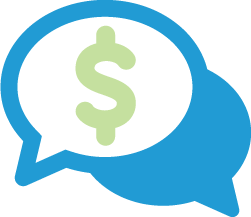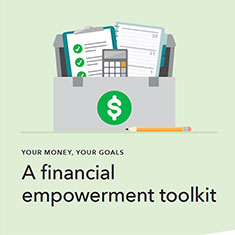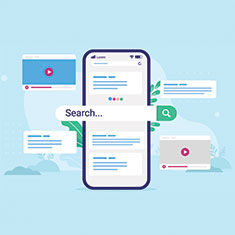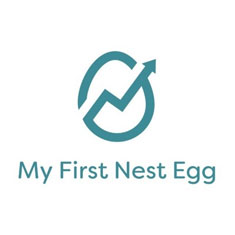Budgeting
Budgeting means handling how much money comes in and goes out. It's about planning what to spend, save, and invest to reach money goals. By keeping an eye on spending and making changes when needed, people can stay financially stable and use their money wisely for a better future.
Budgeting is the process of creating a plan to manage income and expenses within a defined period, typically monthly. It involves estimating all sources of future income, and allocating funds to cover expenses such as housing, utilities, groceries, transportation, debt payments, savings, and entertainment.
Budgeting helps individuals track their financial health, identify areas for improvement, and make informed decisions to ensure that spending aligns with financial goals and priorities, while also avoiding overspending and accumulating debt.
By monitoring actual spending against the budget, adjustments can be made to achieve financial stability and long-term prosperity. Effective budgeting requires discipline, careful planning, and periodic review to adapt to changing circumstances and priorities.
Did you know?
Tracking your income and expenses is foundational for building financial wellness, from paying off debt to saving for retirement. More than half of Americans believe learning to budget and track expenses is the most valuable money lesson they’ve learned.

Create Your Budget
- Start by writing down all the ways you earn money, like your job, side gigs, or money from investments.
- Then, divide up what you spend money on into different groups: things you really need, like rent, or groceries, and things you want, like going out to eat or fun stuff.
- Also, think about saving some money and paying off any debts you have.
- Decide how much money to put in each group based on what's important to you, making sure you don't spend more than you earn.
Track Your Spending
- Begin by writing down everything you buy, whether you pay with cash, card, or online.
- You can use apps, spreadsheets, or just pen and paper to organize your spending into groups, like groceries, transportation, and fun stuff.
- Check your spending often to see if there are any patterns or places where you might need to change how much you budget for next month.
- Take a little time each week to update your spending list and make sure it's correct.
Revisit and Revise
- Revisit your budget each month to see how you're doing and make changes so you can achieve your financial goals.
- Use budgeting tools and apps to make checking in on your spending simpler. Reward yourself when you stick to the spending limit you set in a particular category.
- If you stick with it and put in the effort, having a good budget can help you stay financially stable and reach your big goals for the future.
Tips for talking about budgeting with kids
- Involve kids in the process of planning meals and grocery shopping. Show them how to compare prices or explain why certain products are chosen over others based on budget constraints.
- Utilize games, such as setting up a mock store where they can "purchase" items within a budget or creating a savings challenge with rewards for reaching specific goals. Incorporating visuals, like charts or graphs, can also help children visualize their progress and understand the concept of saving and spending.
- Read ‘Alexander, Who Used to be Rich Last Sunday’ to find out what Alexander learns about self-control after he overspends.

Additional Resources

CFPB: Your Money, Your Goals toolkit
Consumer Financial Protection Bureau 'Your Money, Your Goals’ Toolkit provides tools to help achieve financial goals. Module 3: Tracking Income and Benefits, Module 4: Paying Bills and Module 5: Getting through the Month for tools focused on budgeting.

Free Budgeting Apps
When choosing a budgeting app, review consumer ratings, accessibility and security features to determine the best fit for you.

Free Budget Templates
Use this worksheet to see how much money you spend each month.

My First Nest Egg
A free app and website featuring education, allowance, chore management, and free printable to help families teach children about money.

PowerPay Money Master Online Course
The PowerPay Money Master Online Course is designed to teach real-life money smarts regarding your personal financial vision, money personality, tracking expenses, budgeting, managing debt, understanding credit, and saving money. Use the code "FITC" to take the course free of charge.

